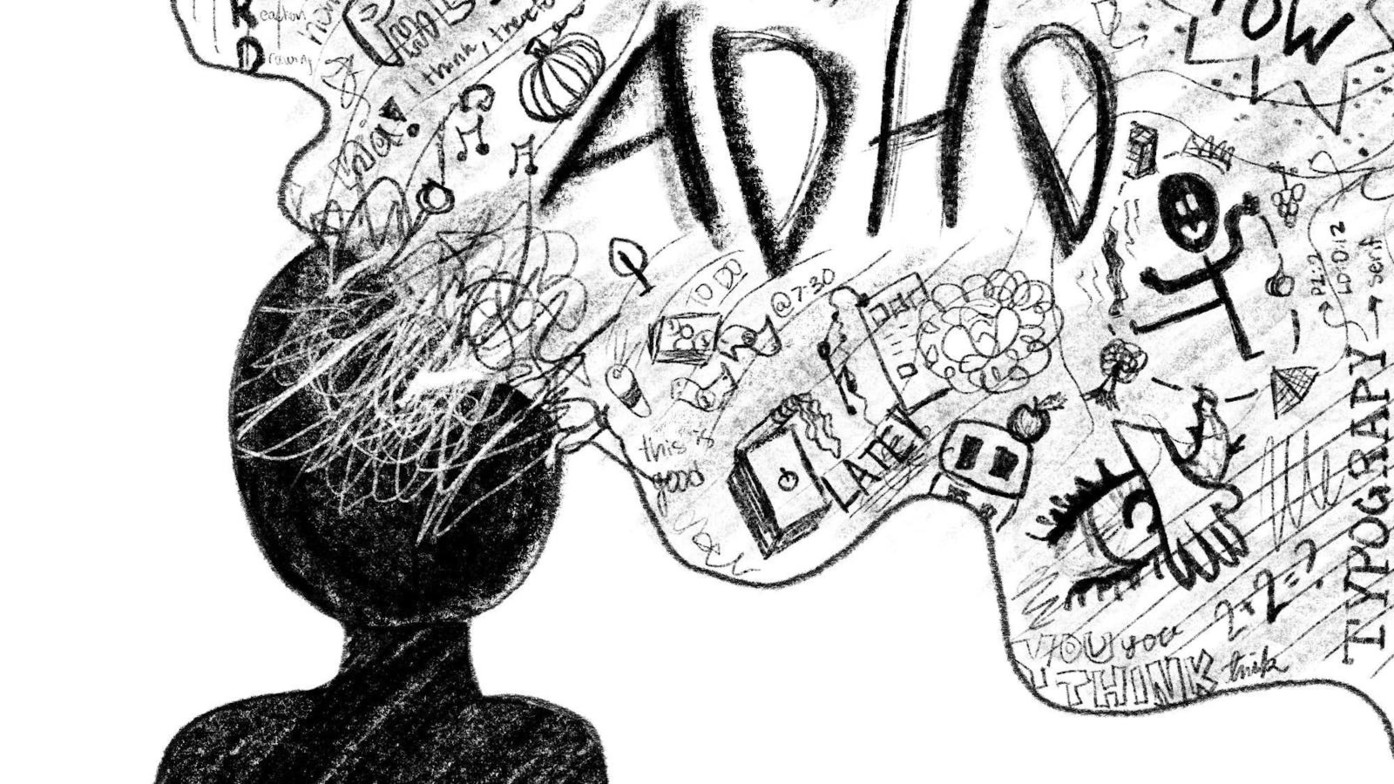
At Tulsi Wellness Club in San Diego, our naturopathic doctors are committed to exploring and understanding innovative approaches to managing various health conditions. One such topic gaining interest is the potential role of creatine in managing Attention Deficit Hyperactivity Disorder (ADHD). In this article, we’ll delve into what creatine is, provide an overview of ADHD, discuss how creatine might impact ADHD symptoms, and how it can be incorporated into a comprehensive management plan.
What is Creatine?
Creatine is a naturally occurring compound found in the body, primarily in muscle tissue. It is also available as a dietary supplement, commonly used by athletes and fitness enthusiasts to enhance physical performance. Creatine plays a crucial role in the production of adenosine triphosphate (ATP), the primary energy carrier in cells. By increasing the availability of ATP, creatine helps improve muscle strength, endurance, and recovery.
In addition to its well-known benefits for physical performance, recent research suggests that creatine may offer potential cognitive benefits. This has led to growing interest in its possible applications for managing neurological and psychiatric conditions, including ADHD.
What is ADHD?
Attention Deficit Hyperactivity Disorder (ADHD) is a neurodevelopmental disorder characterized by persistent patterns of inattention, hyperactivity, and impulsivity that interfere with daily functioning. ADHD is commonly diagnosed in childhood but can continue into adolescence and adulthood.
Symptoms of ADHD typically fall into two main categories:
- Inattention: Difficulty sustaining attention, frequent careless mistakes, and challenges with organization and follow-through.
- Hyperactivity-Impulsivity: Excessive fidgeting, difficulty remaining seated, and acting impulsively without considering consequences.
ADHD can significantly impact various aspects of life, including academic performance, work productivity, and social relationships. Management typically involves a combination of behavioral strategies, educational support, and, in some cases, medication.
How Does Creatine Work for ADHD?
Research into the effects of creatine on ADHD is still emerging, but several potential mechanisms suggest how it might be beneficial:
-
Cognitive Enhancement: Creatine supplementation has been shown to improve cognitive functions, such as working memory and executive function, in some studies. These cognitive improvements may help individuals with ADHD enhance focus, organization, and task management.
-
Neurotransmitter Support: Creatine may influence neurotransmitter systems in the brain, including those involved in attention and mood regulation. By supporting neurotransmitter function, creatine could potentially help manage some of the symptoms associated with ADHD.
-
Energy Metabolism: ADHD has been linked to alterations in brain energy metabolism. Creatine’s role in increasing ATP availability might help support optimal brain function and energy levels, which could benefit individuals with ADHD.
-
Neuroprotection: Creatine has neuroprotective properties that may help protect brain cells from oxidative stress and inflammation. This protection could contribute to overall brain health and potentially mitigate some ADHD symptoms.
How to Use Creatine for ADHD
If you are considering adding creatine to your ADHD management plan, here are some guidelines on how to use it effectively:
-
Consult a Healthcare Professional: Before starting any new supplement, it is essential to consult with a healthcare provider. They can help determine if creatine is appropriate for your specific needs and provide guidance on dosage and potential interactions with other treatments.
-
Dosage: A common dosing regimen for creatine involves a loading phase of 20 grams per day (divided into 4 doses) for 5-7 days, followed by a maintenance phase of 3-5 grams per day. However, some individuals may benefit from a lower, consistent dose without a loading phase. Your healthcare provider can help determine the best approach for you.
-
Quality of Supplement: Choose a high-quality, pure creatine monohydrate supplement from a reputable source to ensure effectiveness and safety.
-
Monitor Effects: Track any changes in symptoms and side effects while using creatine. Regular follow-ups with your healthcare provider will help assess the supplement's impact and make any necessary adjustments.
-
Complementary Strategies: Use creatine as part of a comprehensive ADHD management plan that includes behavioral therapies, lifestyle modifications, and other recommended treatments.
Conclusion
Creatine presents a promising area of exploration for managing ADHD, potentially offering benefits through cognitive enhancement, neurotransmitter support, and improved brain energy metabolism. At Tulsi Wellness Club, we are dedicated to providing personalized care and exploring innovative approaches to support your health. If you have questions about creatine and its role in ADHD management or are considering it as part of your treatment plan, please contact us. Our team is here to provide guidance and help you achieve the best possible outcomes for your well-being.
Dr. Jace Sandell
Contact Me



